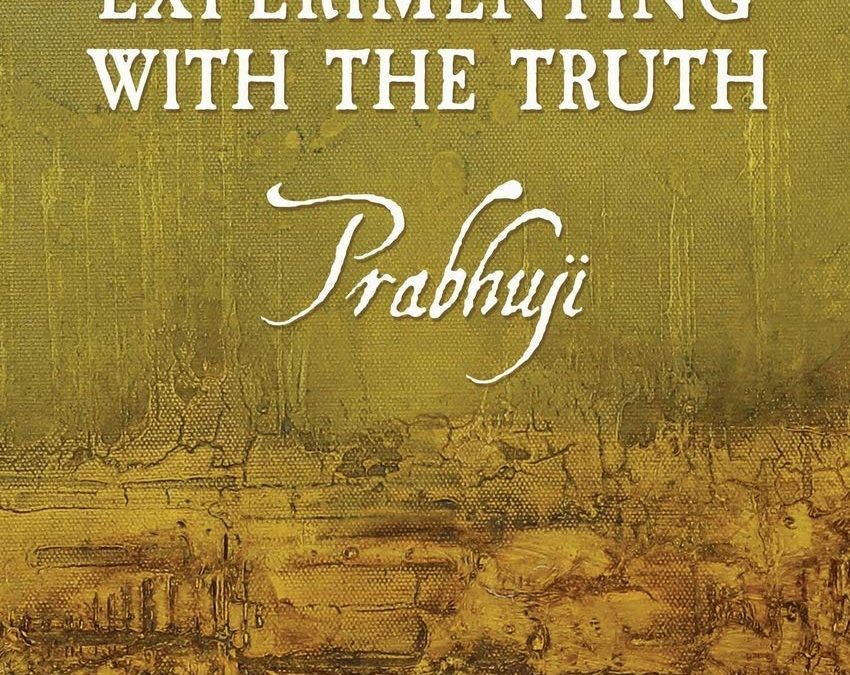“Solitude is not a fault, absence, or lack; it is presence. It is the presence of oneself, without mediators, without shortcuts, without masks or disguises. It is not isolation, but a silent communion with who we are when no one is watching us. Being alone is not turning away from the world; it is returning to the center from where one can contemplate the world without begging for belonging. As Pascal wrote: ‘All of man’s unhappiness comes from not knowing how to stay quietly in a room’. The wise man does not flee from the hustle and bustle, but neither does he get lost in it. Those who cultivate solitude do not empty themselves, they fill themselves. They fill their inner space with a serenity that does not depend on the affection or appreciation of others, a lucidity that does not need approval to sustain itself. From the Tao to the desert mystics, from the India of the Upanishads to the silent cloisters of the West, the soul has sought that clear and clean moment in which it can dwell in itself without fear. Rumi said: “Do not feel alone, the entire universe is within you.”
The ability to be alone is, in reality, the most subtle form of maturity. Only those who have become intimate with their own silence can welcome others without devouring them. They do not need to absorb, complete, or possess them. They love without turning that love into a prison. They share without turning that closeness into an obligation. They remain without promising eternity, and they leave without leaving open wounds. Every relationship is a mirror in which one discovers oneself. And that mirror cannot reflect clearly if we are constantly fragmented by the need to be validated.
In solitude, inner freedom grows. Those who have learned to be alone do not confuse company with salvation. They have stopped asking others for what can only be found within. Then, love is not a strategy to escape emptiness, it is a gift from someone who is already complete, whole. Only from there does love cease to be dependence and become dance: two freedoms that are chosen, two solitudes that are respected, two fires that illuminate each other without consuming each other.
It may seem paradoxical, but it is not: only those who are capable of inhabiting their solitude with depth can truly love. Only they can say, “I love you,” without that phrase hiding a “I need you,” “you are a necessity.” Because they know that happiness cannot be borrowed or delegated. Their joy comes from a source that does not dry up when the other person walks away.
Do not fear solitude. It is training for the soul, a way of returning home. It is the place where noise fades away and the essential voice becomes audible. It is there that we learn not to beg for love, but to offer it cleanly, without fear, without conditions. Because only when you have stopped needing someone can you truly choose them.
As Buddha taught, “no one can save you but yourself.” But he also taught that those who have been saved can look at others with compassion, not with lack. That is the paradox of love born in solitude: it does not enslave, it liberates; it does not demand, it welcomes; it does not hurt, it transforms.
Embracing solitude is not resignation; it is learning to walk whole. And those who walk whole do not love out of necessity, but reach out of generosity.”













